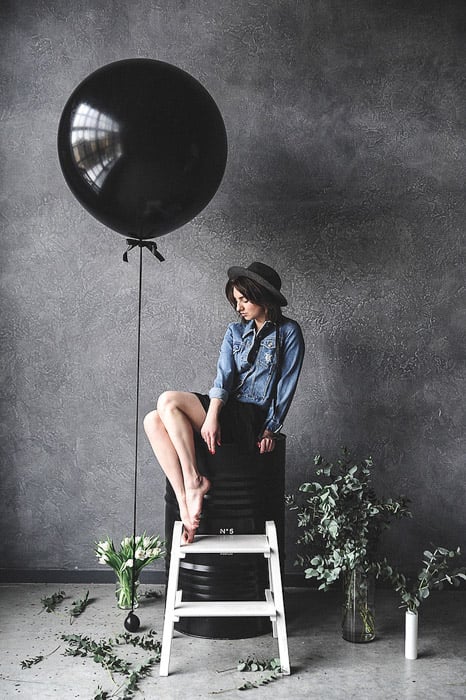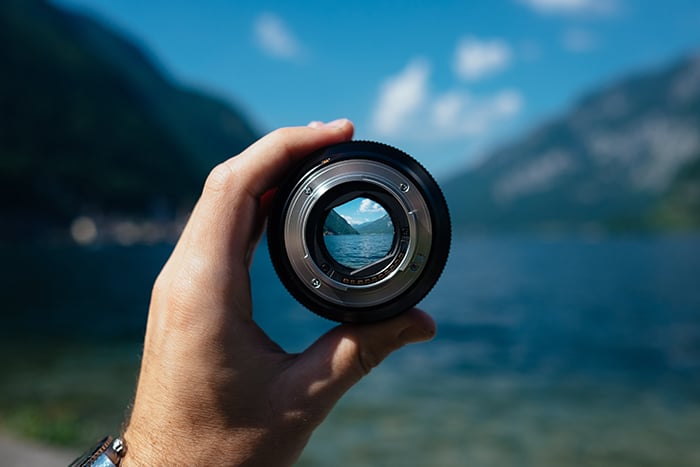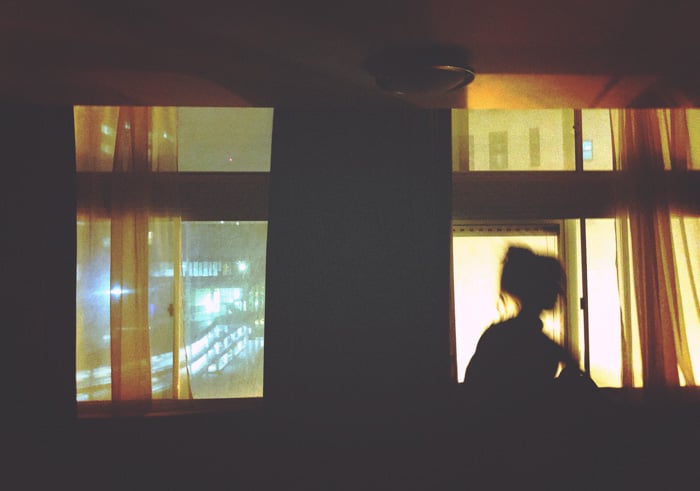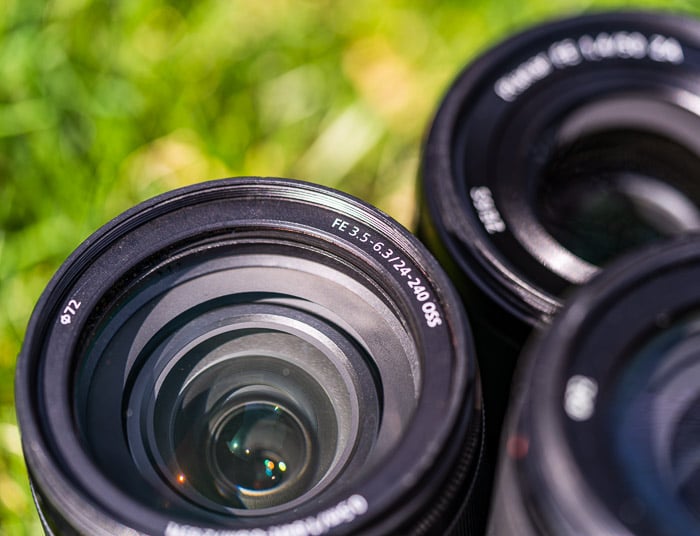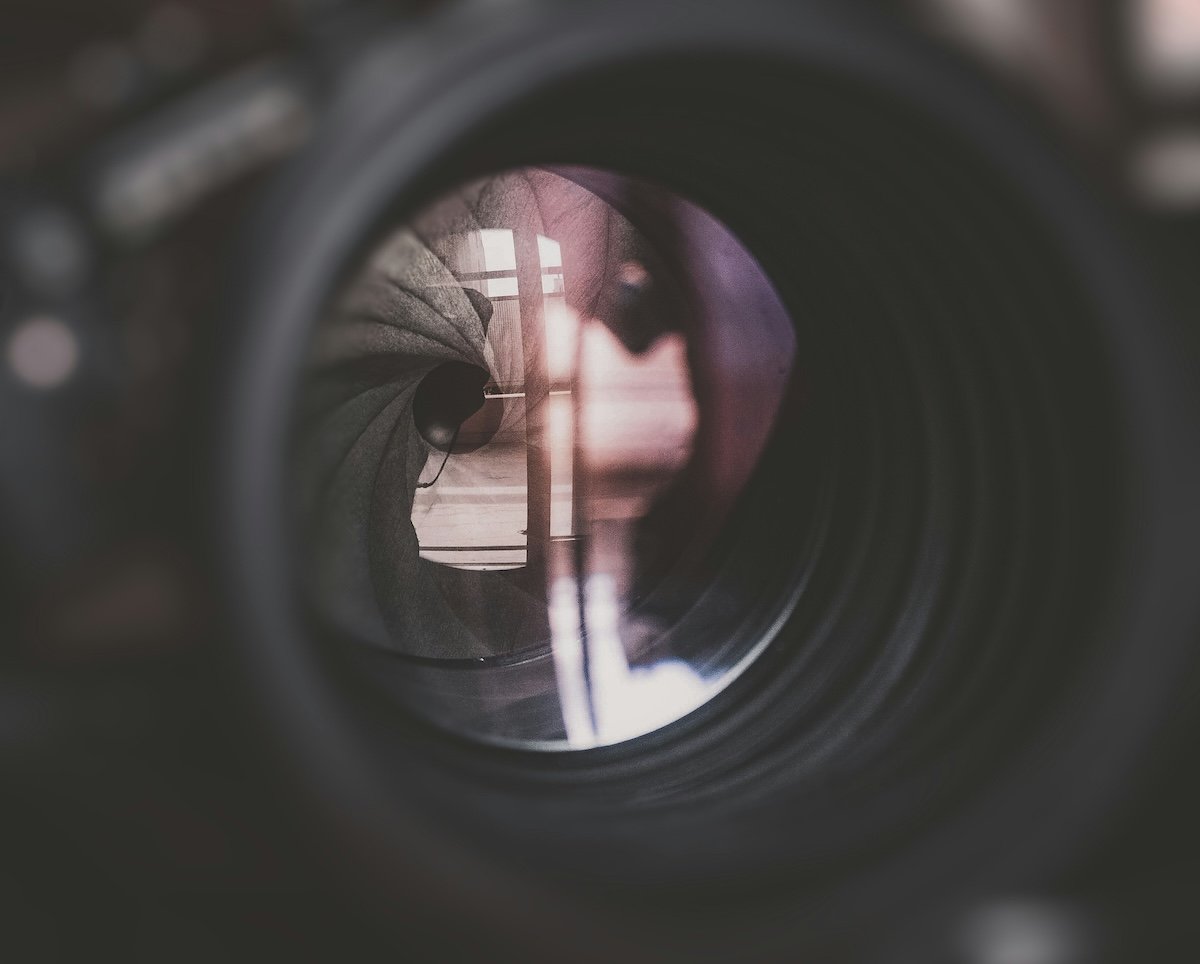What are photography internships? It’s an opportunity that professional photographers offer students to gain work experience.
It’s also one of the best ways to fast-track your photography career. Doing an internship with a photographer or photography studio while studying is key. It can help you both network and gain practical skills.
Here is what you should know about photography internships.
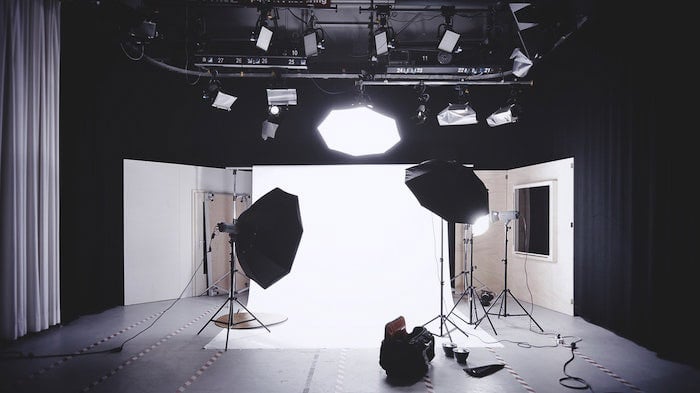
Why You Should Do a Photography Internship
Internships are a valuable experience for new photographers entering the industry.
Photography school will teach you about lighting, post-processing, and other technical considerations. But working in the field will give you knowledge and skills that you can’t get in the classroom.
With a photography internship, you get to apply what you have learned to real-world situations.
Photography programs usually don’t offer a significant business component in their curricula. Many students have a big wake-up call when they graduate.
They find that they don’t have a solid understanding of how to market their work or quote on jobs. Or even exactly what kind of gear they will need to be successful in their chosen niche.
With an internship, you’ll have an inside understanding of a photography studio or assisting a photographer. You’ll learn more about lighting and the workings of a real photography studio. But you can also learn about the business side of the industry.
I’ve mentored students from local photography schools before. I am often surprised by how little new graduates are ready to charge.
Undercharging can mean not having enough money to pay your bills. Or to keep your equipment updated and in good working order.
Not to mention the burnout that can come with taking on more work than you can reasonably do because you need the money.
How to Find An Internship
There are several ways to get an internship. The best way is to contact photographers directly. Send an email introduction written in a cover letter style.
You may also approach publications that have a photography department.
Whichever you choose, be sure to choose an employer that interests you. If you’re into food photography, try to find cooking publication or a food photographer. Interning in a portrait studio will be less helpful.
Sometimes students are not able to find an internship in their cities. If you are financially able, you may want to consider doing an internship in a larger city.
When approaching the employer, your introduction should be polished and professional. Be brief but concise, and check your email for typos, spelling and grammatical errors.
Depending on the nature of the internship, the employer may want to see samples of your work and to interview you.
You don’t need to have your own website to show your work. You can use a free online application like Pixieset to send sample galleries of your work.
Whether you are being interviewed or working in a photography studio, show your eagerness and willingness to learn. No one wants an intern who approaches it like drudgery or killing time.
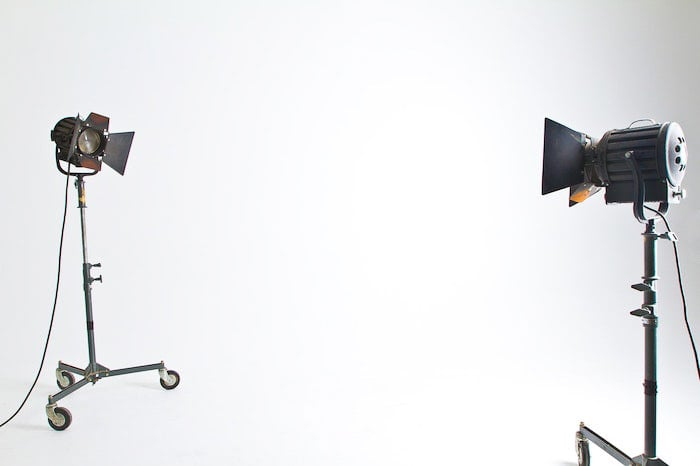
Internships can be paid or unpaid. Obviously a paid internship is ideal, but they are a lot harder to come by.
If you’re doing an internship as part of your credentials to graduate from photography school, it will mostly be unpaid. And it’ll need to take place in a certain time frame.
This means that other students can be approaching the same photographers that you are.
In this case, do your research ahead of time and determine which photographers you want to work with. Approach them as soon as possible, and be prepared with a back-up plan if your first choice is not available.
Again, you might have to look for an internship in another town or city.
What to Expect From Your Internship
When you are an intern, you are low on the totem pole. Depending on the nature of your internship, you can expect to do some low-level work. This can include filing or making appointments.
That being said, you should not spend your days running out to get coffees. You can expect to participate in a wide variety of work. From posting on social media, to setting up lighting equipment. Or even helping any prop stylists or assistants on set.
How many actual shoots you’re part of with will vary from photographer to photographer.
Portrait photographers tend to shoot every day. In other niches like food photography there is a lot of preparation and post-production required. This is why they only shoot once a week.
If you are interning as a photojournalist with a newspaper, you may spend your time transmitting photos and archiving. Or writing stories to accompany photo galleries. You may end up shooting sports, breaking news, and other features from day one.
Another big benefit of doing a photography internship is that you can learn a lot more about your career goals.
You may realize that the excitement and high energy of working on a newspaper is too much for you. Or that you would prefer doing advertising work over editorial projects.
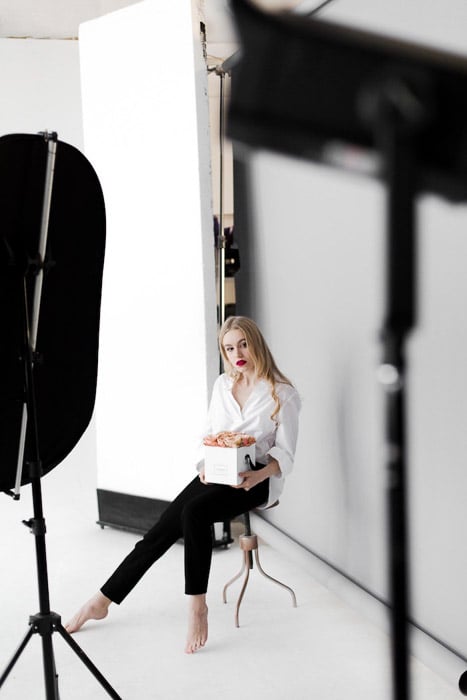
How to Make Your Internship a Success
When working as an intern, you need to be aware of the value you’re bringing to the table.
You will be providing assistance to the photographer. But the photographer will also be giving you his or her valuable time in guiding you and sharing their knowledge. Be grateful for an opportunity that can be hard to come by.
While working as an intern, be proactive about asking for tasks to do. Keep yourself busy and express interest in learning whatever you can as well as providing valuable assistance.
Internships do not often lead to a job immediately afterwards. But they may do so down the road. The photographer may call you if they need an assistant on a shoot. Or you might make other connections during the internship that will serve you in the future.
Conclusion
Photography is an exciting but tough and competitive industry to get into.
An internship can be an incredibly valuable experience. It will give you a chance to learn the photography business from the ground up.
This can be a great way to evaluate how what you have learned in school applies to the real world. And where there may be gaps in your knowledge.
It can also lead to some great opportunities in the future. Good impressions are key, and so is a professional attitude.
